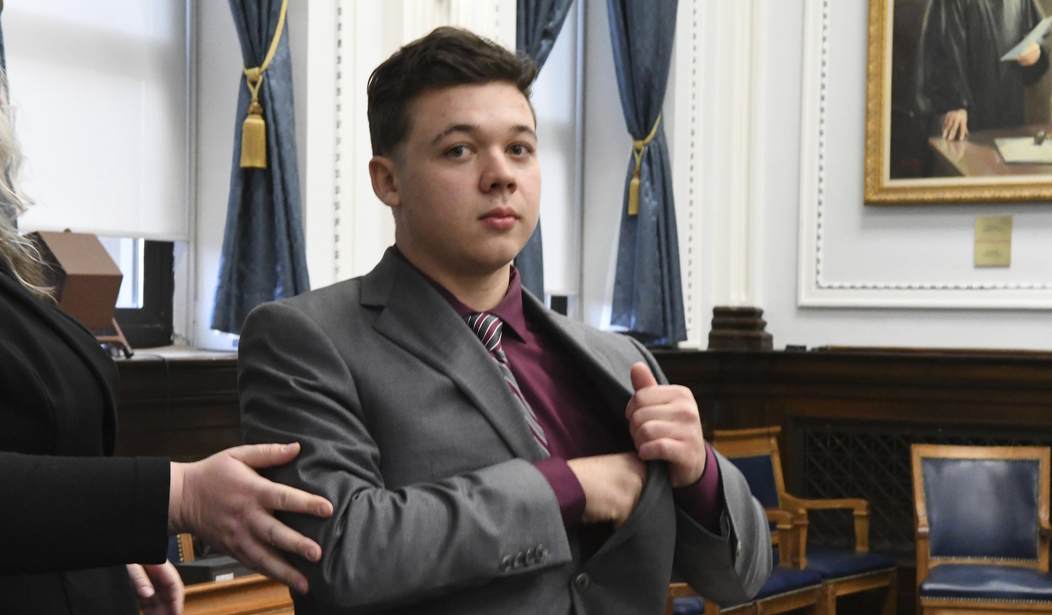I wrote last night about some of the decisions the judge in the Kyle Rittenhouse case had made in regard to lesser included charges. That was an indication that the prosecution knew that they may have difficulty in getting a conviction on some of the top charges and they wanted to increase their possibility of getting a conviction on something.
Also, one of the most significant decisions that the judge made as to jury instructions was to allow an instruction as to provocation meaning that the jury could consider whether Kyle Rittenhouse provoked the start of all the action by allegedly pointing a gun at someone. The prosecution argued that was what was happening in a grainy photo that was difficult to determine and the defense denied it. But that could theoretically up-end the case because under Wisconsin law, if the jury believes he provoked the incident, that can affect his right to claim self-defense, as I explained last night.
But while that decision by the judge didn’t go well for Rittenhouse, there’s another question that might help him. Apart from the charges involving the shootings — on which Rittenhouse may be acquitted if the jury finds he acted in self-defense — there’s a misdemeanor gun charge. The judge raised a question about the language of the statute and said it would be hard for an “ordinary citizen” to understand what is illegal.
Under Section 948.60(2)(a) (“Possession of a dangerous weapon by a person under 18”), “[a]ny person under 18 years of age who possesses or goes armed with a dangerous weapon is guilty of a Class A misdemeanor.”
But as George Washington University law professor Jonathan Turley observed, there’s subsection (c).
Well, you then have to look at the subsection (c), which states that “This section applies only to a person under 18 years of age who possesses or is armed with a rifle or a shotgun if the person is in violation of s. 941.28 or is not in compliance with ss. 29.304 and 29.593.”
Since there is no evidence that Rittenhouse violated Section 941.28, he presumably must be in violation of both sections 29.304 and 29.593. The defense conceded Rittenhouse was in violation of Section 29.593, which requires certification for weapons. However, he is not in violation of section 29.304, entitled “Restrictions on hunting and use of firearms by persons under 16 years of age.” As the title indicates, the section makes it illegal for persons under 16 to use firearms. Rittenhouse was 17 at the time and the prosecution has not challenged that fact.
In the law, when they put in “and,” they mean it to be construed that way. If you don’t have both, that calls into question whether the provision even applies and whether it can be charged. If it is charged and there’s a conviction on it, it could be thrown out on appeal.
The question has been even if the jury found Rittenhouse in self-defense and acquitted him as to all the other charges, what about the gun charge? But if they don’t have the necessary elements to fit the gun charge, that might go away, as well.












Join the conversation as a VIP Member